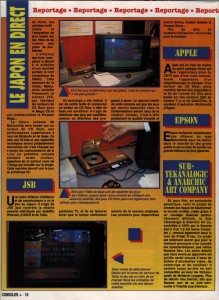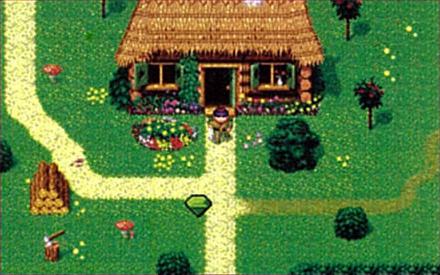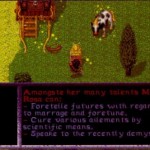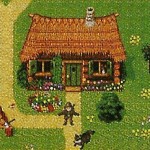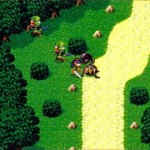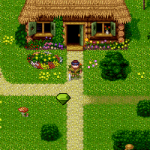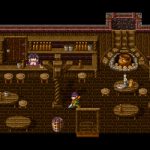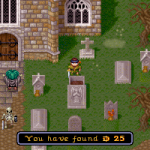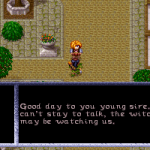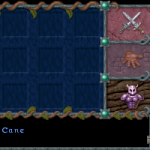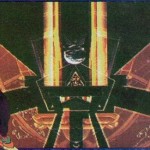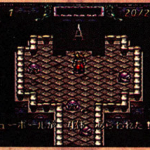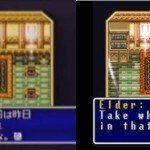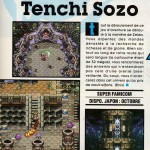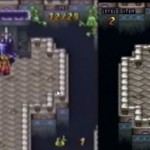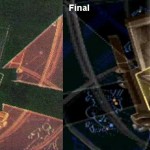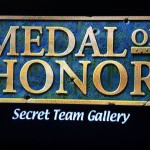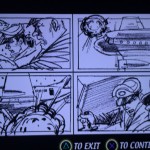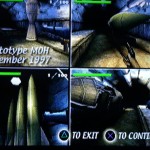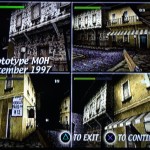A long time ago, Unseen64 was just a shell of itself. It was hosted on the notoriously bad Xoom.it hosting service, and looked pretty much like a 90’s website horribly made with Microsoft Frontpage. However, as old as Unseen64 looked back then (it was 2004!), it wasn’t the first site dedicated to unreleased games maintained by Italians. That particular accolade belongs to The Strange (and Rare) Videogame Pics Page, created by Fabrizio Pedrazzini, an Italian games journalist, known for his work at magazines such as the glorious ‘Super Console’. TS(&R)VPP, as the name says, wasn’t solely about beta games. There were pictures of pirated software, obscure and limited edition consoles, demos, and more. Hidden among those pages was the Taito/JSB/ASCII WOWOW console.
For years, the only available information on the Taito WOWOW was limited to this report from the 1992 Tokyo Toys Show, via French videogame magazine, ‘Console+‘:
Another alliance between publishers and manufacturers has been established in Japan. It’s about JSB (that controls the satellite channel Wowow), ASCII and Taito.
A prototype has been developed. It’s small and equipped with a CD-Rom player. The basic idea is innovative: it’s about distributing games via satellite, like the streaming of TV programs, and to charge only the time really spent to play.
The other interesting thing about the console is that the games that will be released to the public will be the same of the arcade versions, with the video and audio quality of the originals.
The first games available will be Darius, Bubble Bobble and Parasol Stars…
A released date has not been disclosed yet.
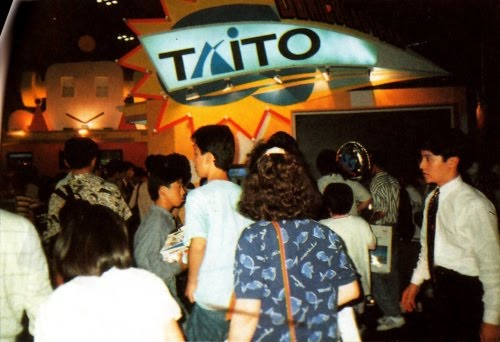
Taito’s booth at Tokyo Toy Show 1992 (picture courtesy of Hardcore Gaming 101 blog)
The interview with Yukiharu Sambe
We have been able to get in touch with the Research & Development manager of TAITO Corporation Mr. Yukiharu Sambe, Professional engineer at the time the Wowow was created, and he was kind enough to share some new information, previously unknown, about this unreleased console. Enjoy! Read more

